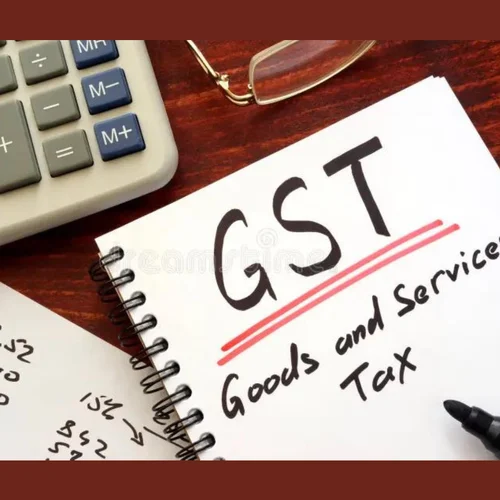Is Trade License Mandatory for GST Registration?
The short answer is no. It is necessary to operate a business within a specified municipal limit, however it is not required under the GST framework. Furthermore, just because a trade licence isn’t required for GST registration doesn’t mean you can’t sign up for GST and still get a trade licence. A trade licence is essentially a permit or certificate that authorises a business or individual to operate.
This licence is frequently issued by the state government or a municipal body for a certain municipality. With this licence, the applicant will be permitted to operate a business in a defined territory. The applicant must ensure that the business is carried out in compliance with the terms of the licence. Continue reading to find out if a trade licence is required for GST registration.
Licences are classified into the following categories based on the level of risk posed by the business:
Low-Risk Level: Any form of business that does not represent a high risk would be eligible for this type of licence. This type of licence is commonly obtained by restaurants and other types of eateries.
Medium-Risk Level: This type of licence is most commonly granted to small and medium-sized firms.
High-Risk Level: This type of permission is often granted to industries and large-scale businesses. When working with a wide range of hazardous materials and substances, this type of firm frequently faces a major risk. When compared to low and medium risk licences, the monitoring limits on these premises are frequently more stringent.
Who issues a trade licence?
This type of licence can only be issued by government or local authorities. For example, if an applicant needs a trade licence to open a restaurant in Bangalore, he or she must apply to the Bruhat Bangalore Mahanagara Palike (BBMP). This registration would have to be done through their portal.

The Need for a Trade Licence
- Keeping track of a company’s activities. A local authority can use this licence to evaluate whether a firm is breaching any laws or causing a societal nuisance.
- The issuing of such a licence would signal that a corporation is following government regulations.
- This sort of permit necessitates the usage of environmentally friendly substances in the course of operations within a specific area. Hazardous and other chemical compounds are forbidden in residential and municipal bonds.
- Businesses having this type of licence would be expected to take the necessary precautions when conducting a certain operation. Businesses who possess this licence must also adhere to the requirements established by the municipal or state government on a consistent basis.
- To ensure that anti-competitive behaviour does not occur within a certain municipality or locality. And that no commerce is conducted on residential property.
Conclusion
No, a business licence is not required for GST registration. A trade licence and GST registration are two distinct needs governed by independent legislation. The local municipal body usually issues a trade licence to regulate commercial activity within a specific territory. GST registration, on the other hand, is required for enterprises that reach the GST law’s turnover requirement.
However, depending on the nature of the business, local rules or industry-specific criteria may need the acquisition of a trade licence. While a trade licence and GST registration serve different functions, businesses must ensure that all applicable rules and regulations are followed in order to operate lawfully and successfully.



